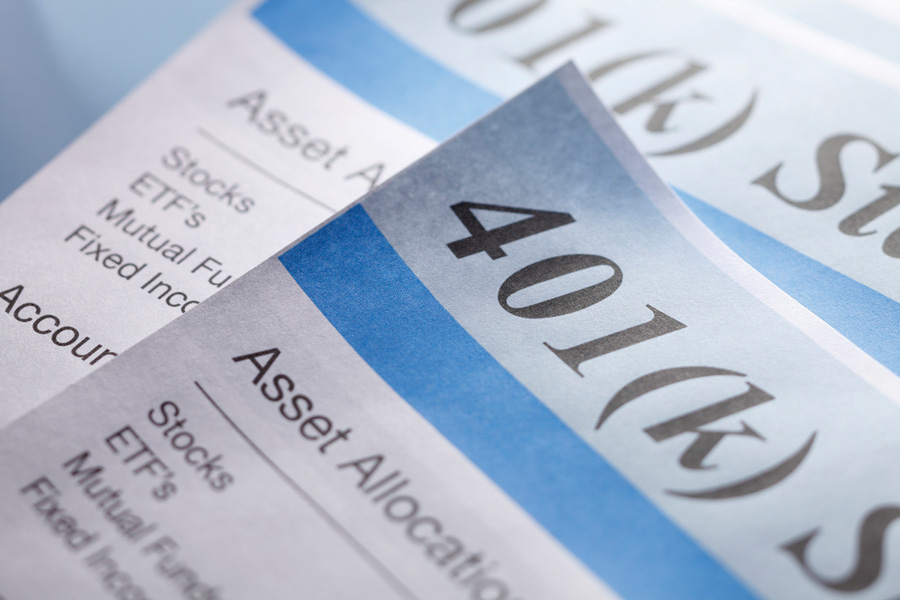

One of my favorite shows as a kid was “The Price Is Right.” Watching the daytime program usually meant that I wasn’t at school, and I got a glimpse into the wonders of the material possessions that grown-ups, with money, could acquire.
As an adult, I am far less enthusiastic. But I get it — there is a quirky joy in accurately guessing how much something costs. This week, I had that experience with my 401(k) plan, albeit with more consternation than joy.
As a recent hire at InvestmentNews, I was eligible to enroll. Doing that much was no sweat. Getting information about how much I would be paying for record keeping and administration was altogether different.
This goes against the level of transparency the Department of Labor sought to add to retirement plans through its fee-disclosure rules a decade ago. But record keepers and plan sponsors generally comply with those rules; and if those regulations have made any difference, I shudder to think of what access to information was like before.
It took me a fair amount of clicking and scrolling through fine print to find the form showing what fees participants in my company’s plan pay. But that led only to a list of possible charges, based on total plan assets.
The form directed me to call the plan record keeper to find out which fee bracket applied to the plan. Doing so entailed my pleading with a robot for several minutes to connect me with a real human being.
The rep with whom I eventually spoke pointed me to the form I had, and I did not walk away with any more information.
Based on my calculations, an account with $100,000 in the multiple-employer plan InvestmentNews participates in would pay as much as $424 a year for administrative services, or as little as $74, depending on the assets in the plan. (Full disclosure: My account was not yet funded at the time of this writing.)
To the record keeper’s credit, a rep called me back and answered all my questions. I had also contacted the company’s public-relations department, requesting comment for this story, which they acknowledged was the reason for the follow-up call. A spokesperson cited customer confidentiality — in this case, mine — in referring a request for comment to the customer service department.
The plan sponsor, which administers company benefits for InvestmentNews, said in a statement that it “strives for transparency with the administrative fees charged on its 401(k) plans.”
“While the plan sponsor is ultimately responsible for providing the 404(a)5 fee disclosure notice, [the record keeper] handles this on our behalf.”
It should not be this hard to find out how much something costs.
Ten years ago, the Labor Department seemed to agree. It moved forward with two new requirements that the industry generally resisted: one making record keepers responsible for communicating fees to plan sponsors, and another tasking plan sponsors to give participants information about what they pay.
Under those rules, retirement savers must receive a list of possible charges before they direct their first investments, as well as annually. They must also receive quarterly statements showing the dollar amounts they have paid in plan fees.
In practice, however, these requirements are weak, and they cater to the industry.
Would it be fair to provide drivers with a wide range of gasoline prices at the pump, but only tell them what price they have paid after filling up? Would that fly in any situation in which consumers generally like to know how much they will pay for something?
The way the DOL’s rules are set up is problematic. Plan sponsors are on the hook for providing the necessary disclosures to participants, but they are often ill-equipped to do so, and they instead rely on record keepers to handle those issues, said Jason Roberts, CEO of the Pension Resource Institute.
“The expectation when those rules were written is that the plan sponsor now has definitive information about record-keeping fees that it can relay to participants,” Roberts said. “The buck stops at the plan sponsor ... [But] 99% of the plan sponsors are going to rely on the record keeper to generate that.”
What that means is that the entities that most often provide the information to participants — record keepers — have no liability to do so.
Since those requirements went into effect in 2012, retirement plan service providers have generally complied with the letter of the law, but not necessarily the spirit of it, Roberts said.
Several years ago, the Labor Department had planned to revisit the record-keeper disclosure rule, which could have led to more stringent standards that would have benefited consumers, he noted. But under the Trump administration, the DOL nixed the plan from its regulatory agenda.
I know that plan participants are almost always disconnected from the details of their plans. The reason why automatic enrollment and annual contribution escalation have been so effective is because of participants' inertia.
But people might be more interested in plan fees if they knew how much they were paying. After all, the “The Price Is Right” always lets its viewers know the ultimate price of a commodity, and it's survived on the air for more than 50 years.

Relationships are key to our business but advisors are often slow to engage in specific activities designed to foster them.

Whichever path you go down, act now while you're still in control.

Pro-bitcoin professionals, however, say the cryptocurrency has ushered in change.

“LPL has evolved significantly over the last decade and still wants to scale up,” says one industry executive.

Survey findings from the Nationwide Retirement Institute offers pearls of planning wisdom from 60- to 65-year-olds, as well as insights into concerns.
Streamline your outreach with Aidentified's AI-driven solutions
This season’s market volatility: Positioning for rate relief, income growth and the AI rebound
